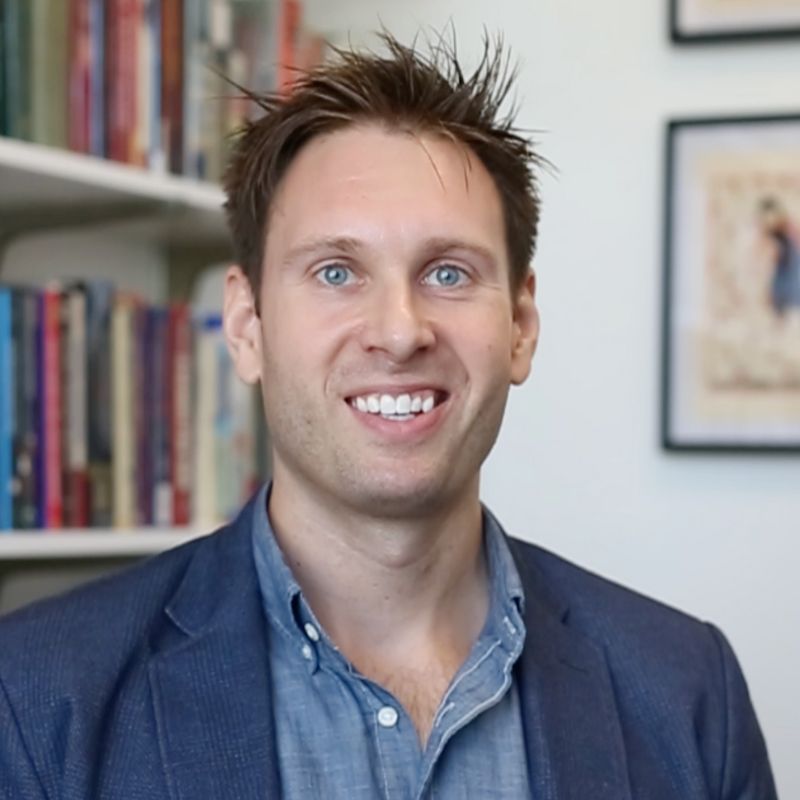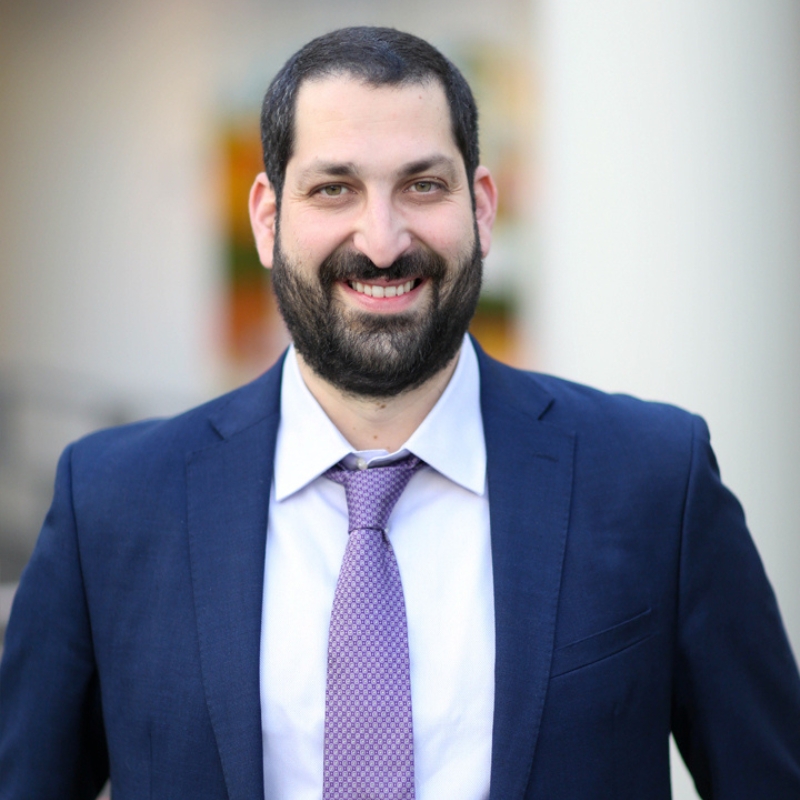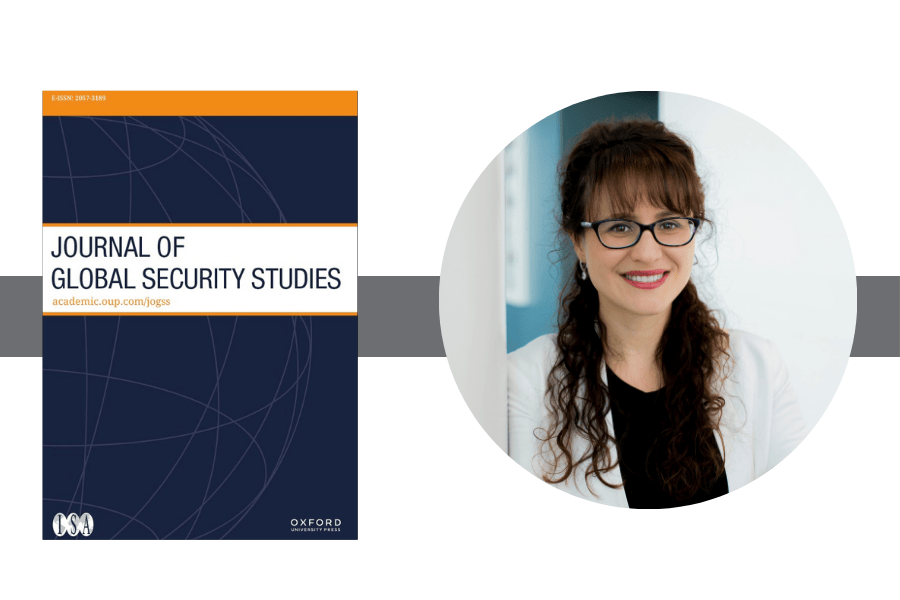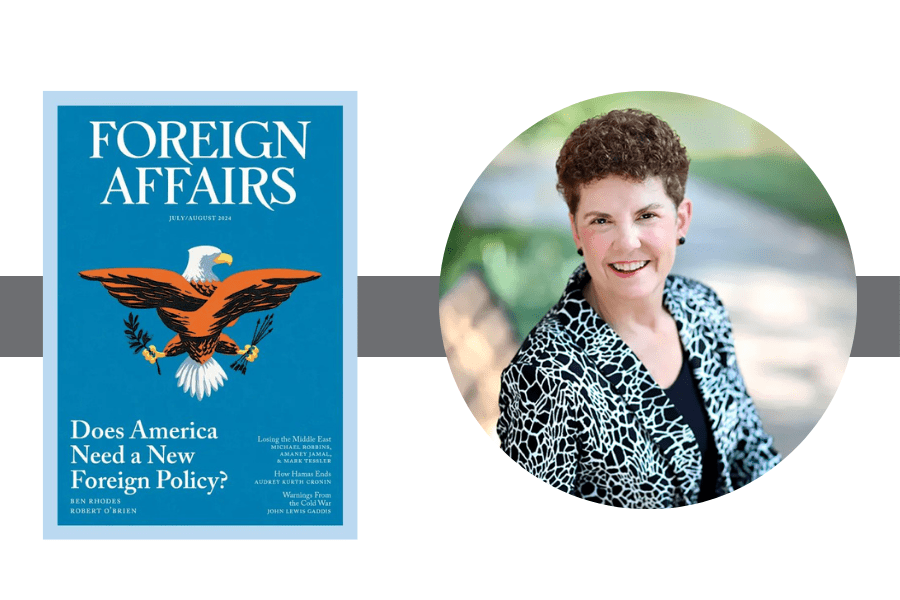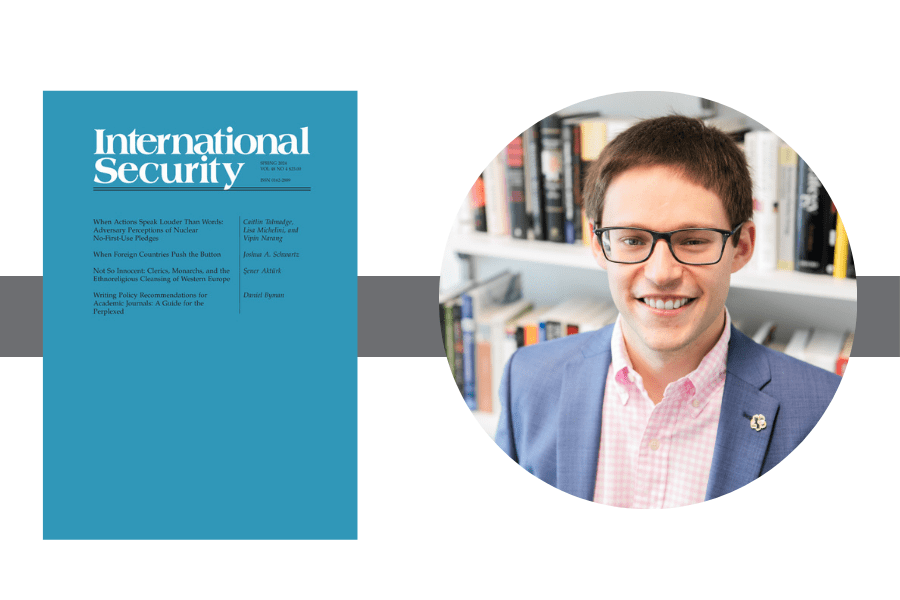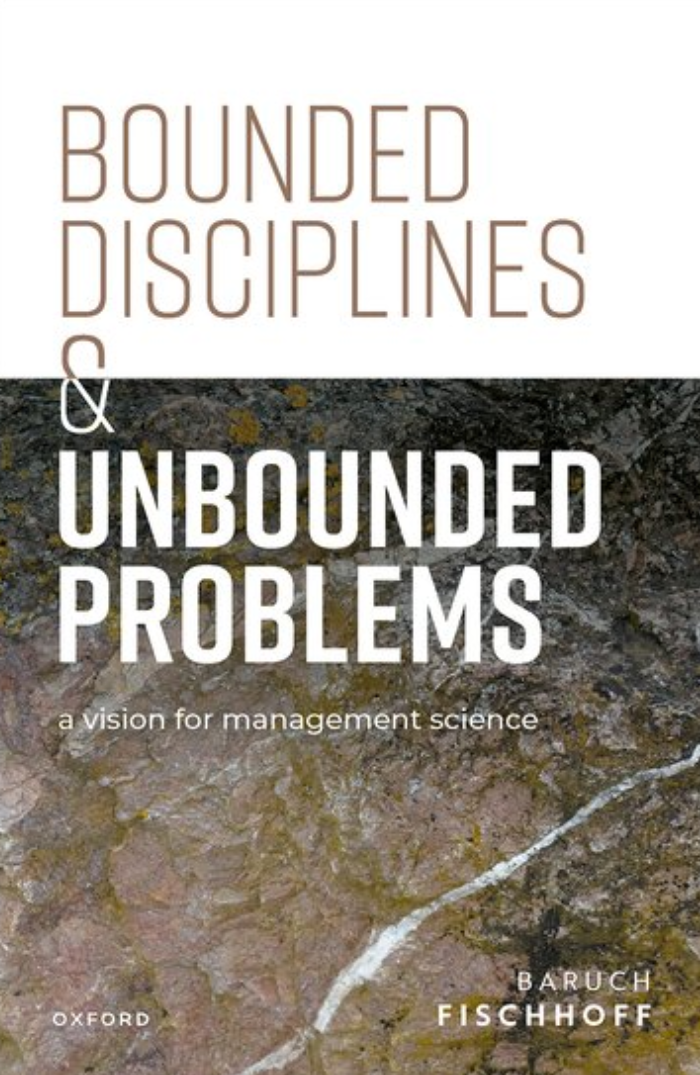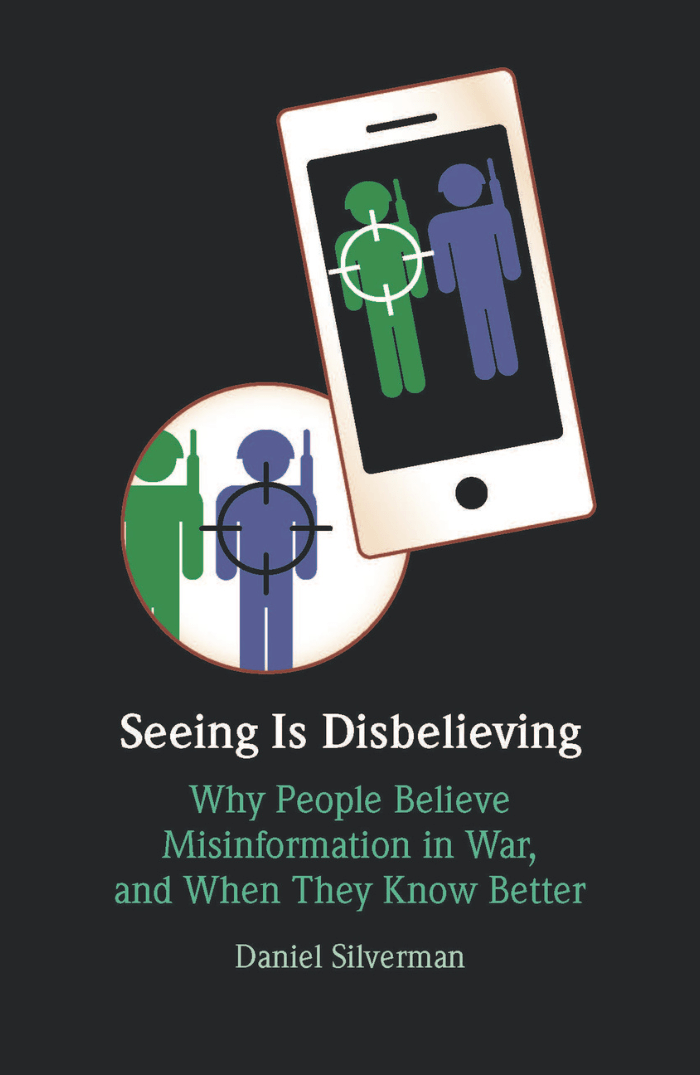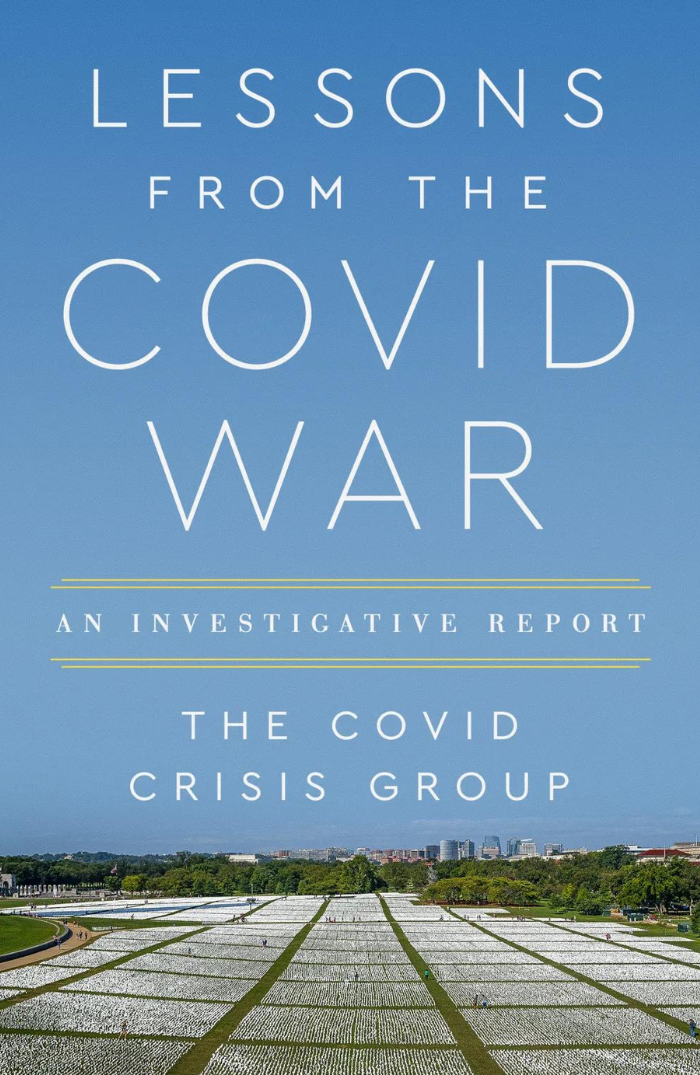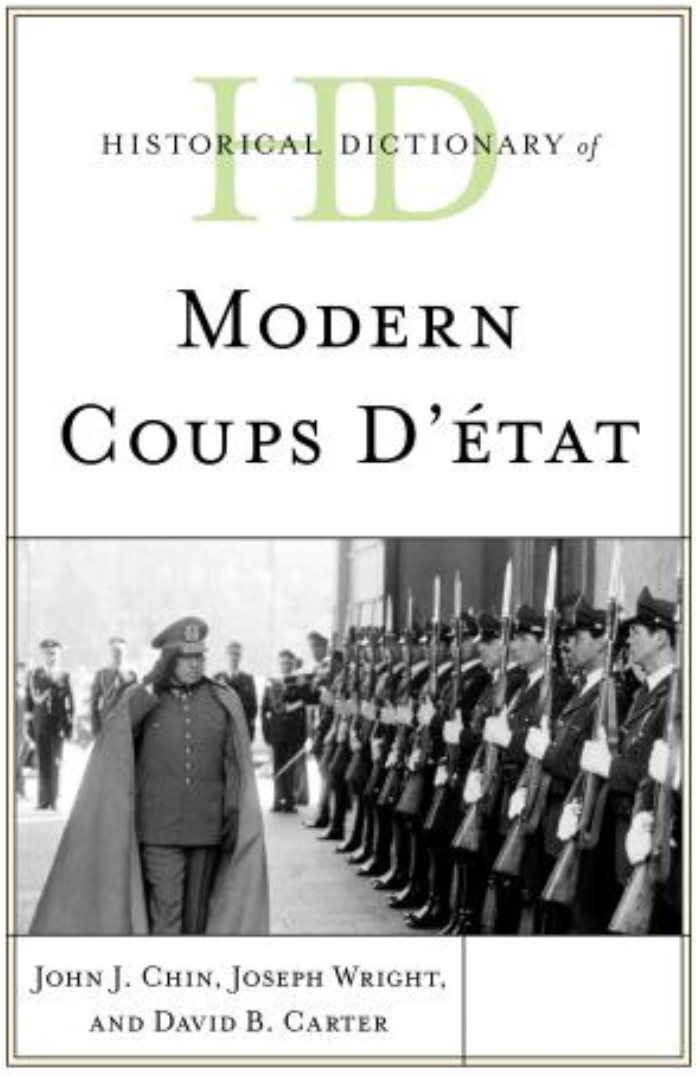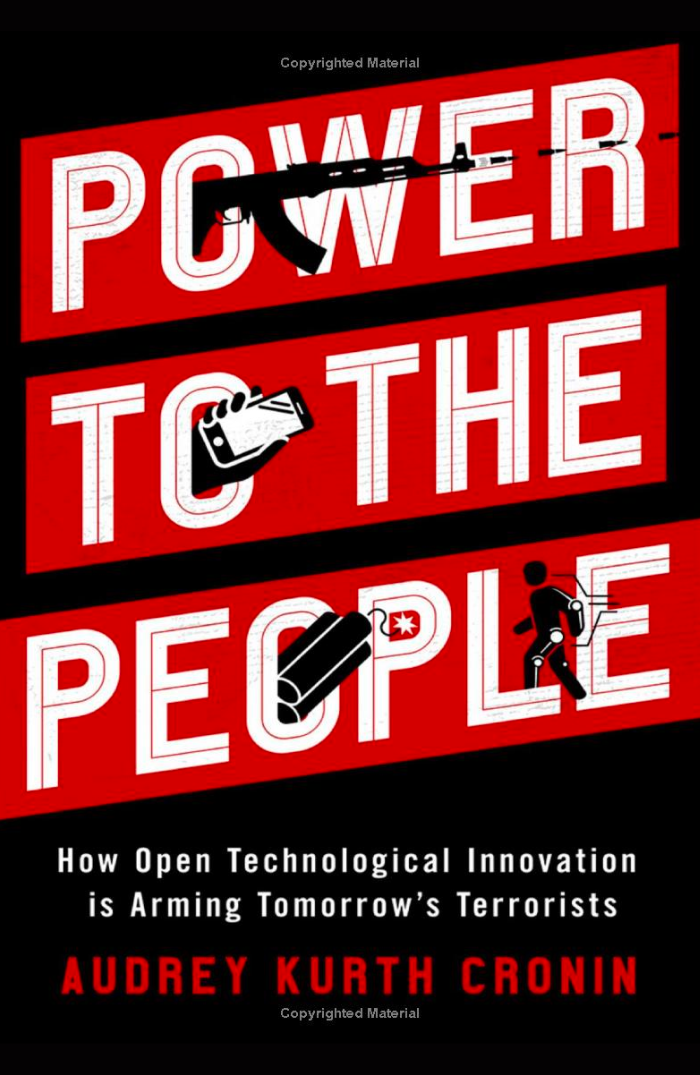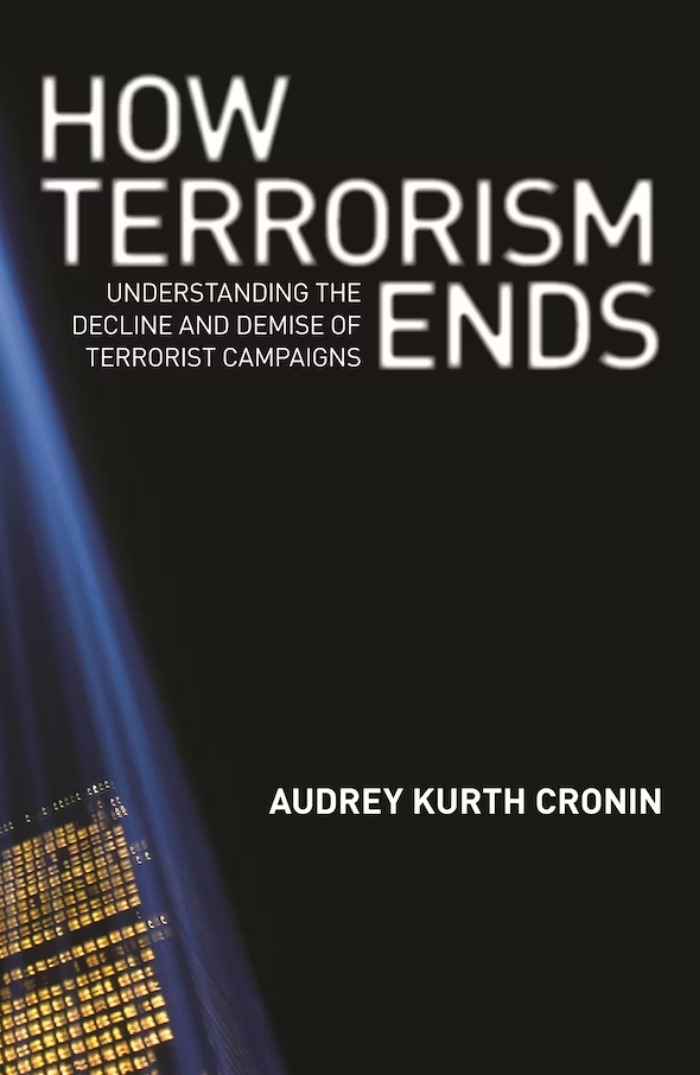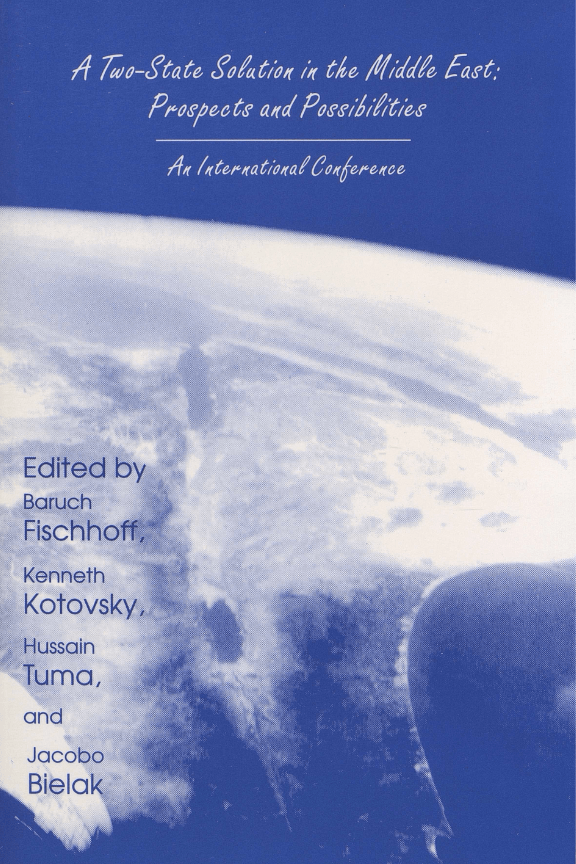Researchers at Carnegie Mellon's Institute for Strategy and Technology are involved in cutting-edge, rigorous research about the relationship between power and governance, on the one hand, and political and technological innovation on the other. Their speaking, writing, teaching, and publications address the full range of crucial issues facing humankind in the twenty-first century.
Research Highlights
Hannah Bailey, Assistant Professor
Prof. Bailey's research explores emerging technologies as both methodological tools and subjects of study, with a particular focus on their impact on the political sphere. In particular, she focuses on adapting and developing natural language processing, machine learning, and computer vision techniques to analyze how authoritarian states leverage these tools to advance political agendas. Her current research topics include:
-
Global AI governance
-
Authoritarian influence campaigns
-
Computational social science methods applied to political communication phenomena
Nadiya Kostyuk, Assistant Professor
Prof. Kostyuk's research interests lie at the intersection of international security and technology, paying particular attention to the role of cyber power in domestic and international politics. Two overarching themes guide her research:
-
the effects that cyber power has on how states conduct themselves domestically and internationally
-
the causes of a state's decision to develop different manifestations of cyber power
Additional Highlight Videos
Research Concentrations
Audrey Kurth Cronin, CMIST Director; Trustees Professor of Security and Technology
Prof. Audrey Kurth Cronin is a leading expert on emerging technologies and international security. Her research focuses on how off-the-shelf, commercially available tools—such as robotics, AI, and biotechnology—are transforming the nature of modern conflict. She examines how non-state actors adopt and adapt these technologies in ways that challenge conventional security paradigms. Her work also addresses how terrorist campaigns decline and end, with an emphasis on leadership targeting, public support erosion, and organizational breakdown. Her areas of expertise include:
-
Security, Military, Terrorism
-
International Affairs
-
Government Relations and Policy
Baruch Fischhoff, Howard Heinz University Professor, Department of Engineering and Public Policy
Prof. Fischhoff studies basic topics in judgment and decision making, prompted by engagement with public policy issues. His current topics include:
-
THE USABILITY OF AI AIDS, TRAUMA TRIAGE, INFECTIOUS (AND PANDEMIC) DISEASE, AND MEDICAL INFORMED CONSENT
-
CLIMATE CHANGE, ELECTRIC VEHICLES, AND GLACIER PRESERVATION
Mark Kamlet, University Professor of Economics and Public Policy; Chair of the Graduate Committee; Provost Emeritus
Prof. Kamlet’s research spans economics, statistics and public policy, and includes the impact of technological innovation on society, political polarization, cost-utility analysis, and U.S. budgetary and fiscal policy outcomes. His areas of study include:-
How to reduce the social costs and increase the benefits of technological innovation
-
Polarization among U.S. political parties, media and elites
-
Cost-effectiveness and resource allocation in healthcare
Ignacio Arana, Assistant Professor
Prof. Arana studies how personality traits and other individual differences of heads of government impact executive governance. He also analyzes the consequences of variation in political institutions across countries, with an emphasis on Latin America. He examines executive-legislative relations, informal institutions, gender and politics, and judicial politics. His research interests include:
-
PresidentS
-
Political Psychology
-
Comparative Politics
-
Latin America
-
Political Institutions
Hannah Bailey, Assistant Professor
Prof. Bailey's research explores emerging technologies as both methodological tools and subjects of study, with a particular focus on their impact on the political sphere. In particular, she focuses on adapting and developing natural language processing, machine learning, and computer vision techniques to analyze how authoritarian states leverage these tools to advance political agendas. This work seeks to generate methods applicable to diverse political communication phenomena while simultaneously shedding light on the opaque political agendas of authoritarian regimes. Her current research topics include:
-
Global AI governance
-
Authoritarian influence campaigns
-
Computational social science methods applied to political communication phenomena
Haleigh Bartos, Associate Professor of the Practice
Prof. Bartos has substantial experience working in Washington, DC to support policy and at various NGOs. Her current research interests span national security and terrorism, with a particular focus on terrorism in sub-Saharan Africa.
Justin Canfil, Assistant Professor
Prof. Canfil's research examines the conditions under which emerging technologies become subject to international regulation. He is interested in efforts by arms controllers to engineer against technological creativity. These include attempts to negotiate "anticipatory" and "future-proof" international agreements. Another arm of his research investigates how policymakers (and their lawyers) respond when such efforts fail. He uses a combination of historical, experimental, and computational methods to explain real-world patterns over time. Current interest areas include:-
International law, arms control, governance of emerging technologies
-
Technological innovation and military R&D
-
US and Chinese foreign policy
-
global scientific talent flows
Jonathan Cervas, Assistant Teaching Professor
Prof. Cervas’ research interests focus on American political institutions and political representation, with particular emphasis on how inequalities in institutions result in disparities among voters. His current areas of interest include:
-
Voting rights, vote dilution, and inequalities in voting
-
Elections, especially election integrity, election law, and election reform
-
Minority representation in electoral systems
-
Gerrymandering and redistricting
John Chin, Assistant Teaching Professor
Prof. Chin's research interests are the intersection of international relations and comparative politics, with an emphasis on technologies of rebellion, authoritarian politics, and comparative democratization. His current areas of study include:
-
Coups d'état, self-coups, mass uprisings, and assassinations
-
Forecasting political instability
-
U.S. foreign policy / democracy promotion
Molly Dunigan, Senior Lecturer
Prof. Dunigan's research focuses on the future of warfare, grand strategy, great power conflict dynamics, military privatization, outsourcing, operational contract support, civil–military relations, counterinsurgency, maritime security, nuclear weapons, and deterrence. Her current areas of interest include:
-
FUTURE WaRfare
-
MILITARY privatization
-
great POWER CONFLICT
-
Nuclear arms control & deterrence
-
Civil-military relations
Nadiya Kostyuk, Assistant Professor
Prof. Kostyuk's research interests lie at the intersection of international security and technology, paying particular attention to the role of cyber power in domestic and international politics. Two overarching themes guide her research:
-
the effects that cyber power has on how states conduct themselves domestically and internationally
-
the causes of a state's decision to develop different manifestations of cyber power
Harry Krejsa, Director of Studies
Mr. Krejsa's research focuses on US-China competition and technology strategy. His current areas of study include:
-
How AI-driven energy expansion can drive modernization and defensibility of the US grid and those of its allies
-
The US and Chinese comparative AI marketplaces
-
Modern industrial strategy prioritization frameworks
Geoffrey McGovern, Senior Lecturer
Prof. McGovern's research focuses on matters of civil justice, statutory compliance, alternative dispute resolution, environmental policy, health care law and policy, national defense, and homeland security. His current areas of study include:
-
Technology And Science Collaboration
-
Civil law
-
Asbestos litigation
-
State judicial resourcing and management
-
intellectual property considerations for homeland security
Forrest Morgan, Senior Lecturer
Prof. Morgan’s areas of research focus on air and space power doctrine and strategy and the future of warfare. Specific topics include:
-
Deterrence
-
Escalation management
-
Crisis stability
-
Artificial intelligence
Connor Halloran Phillips
Prof. Phillips researches US politics, with a focus on how federalism and electoral institutions shape the interactions among parties, organized interests, and voters. In his current work, he analyzes:
-
The origins of partisan polarization
-
Interest group influence in state legislatures
-
The impact of state and local election rules on party registration and turnout
Joshua Schwartz, Assistant Professor
-
What factors impact the spread of military technology around the world?
-
Under what conditions does the general public support the use of force or particular military technologies?
-
When is the use of military force and technology effective on the battlefield?
Daniel Silverman, Assistant Professor
Prof. Silverman’s research focuses on international security, political psychology, and the politics of the Middle East and the wider Islamic world, with a particular emphasis on the psychological factors – including the biases and misperceptions – that drive conflicts, and how they can be mitigated or leveraged to promote peace. Current topics of interest include:-
Lies and misinformation in war
-
What shapes public support for violent resistance groups
Recent Publications
Additional Publications
Grofman, Bernard, and Jonathan Cervas. "Statistical Fallacies in Claims about ‘Massive and Widespread Fraud’ in the 2020 Presidential Election: Examining Claims Based on Aggregate Election Results." Statistics and Public Policy, 11, no. 1 (2023).
Cronin, Audrey Kurth. "Hamas’s Asymmetric Advantage: What Does It Mean to Defeat a Terrorist Group?" Foreign Affairs Magazine, November 22, 2023.
Chin, John J., Kiron Skinner, and Clay Yoo. "Understanding National Security Strategies Through Time." Texas National Security Review 6, no. 4 (2023).
Cervas, Jonathan, Bernard Grofman, and Scott Matsuda. "The Role Of State Courts In Constraining Partisan Gerrymandering In Congressional Elections." The University of New Hampshire Law Review 21, no. 2 (2023).
Blair, Christopher W., and Joshua A. Schwartz. "The Gendered Peace Premium." International Studies Quarterly 67, no. 4 (2023).
Acosta, Benjamin, Reyko Huang, and Daniel Silverman. “Introducing ROLE: A Database of Rebel Leader Attributes in Armed Conflict.” Journal of Peace Research 60, no. 2 (2023).
Arana Araya, Ignacio. "Dominant Personality and Politically Inexperienced Presidents Challenge Term Limits." Journal of Politics 85, no. 4, (2023).
Cronin, Audrey Kurth. "How Private Tech Companies Are Reshaping Great Power Competition." The Kissinger Papers, (August 2023).
Timoneda, Joan C., Abel Escribà-Folch, and John Chin. “The Rush to Personalize: Power Concentration after Failed Coups in Dictatorships.” British Journal of Political Science 53, no. 3 (2023).
Faculty Bookshelf
Arana Araya, Ignacio. Presidential Personalities and Constitutional Power Grabs in Latin America, 1945–2021. Oxford University Press, 2026.
Fischhoff, Baruch. Bounded Disciplines & Unbounded Problems: A Vision for Management Science. Oxford University Press, 2025.
Silverman, Daniel. Seeing Is Disbelieving: Why People Believe Misinformation in War, and When They Know Better. Cambridge University Press, 2024.
Covid Crisis Group, Lessons from the COVID War: An Investigative Report. Public Affairs, 2023.
(CMIST Prof. Baruch Fischhoff, contributing author)
Chin, John J., Joseph Wright, and David B. Carter. Historical Dictionary of Modern Coups D’état. Rowman & Littlefield, 2022.
Cronin, Audrey Kurth. Power to the People: How Open Technological Innovation is Arming Tomorrow's Terrorists. Oxford University Press, 2020.
Dunigan, Molly. Victory for Hire: Private Security Companies' Impact on Military Effectiveness. Stanford University Press, 2011.
Fischhoff, Baruch, and John Kadvany. Risk: A Very Short Introduction. Oxford University Press, 2011.
Cronin, Audrey Kurth. How Terrorism Ends: Understanding the Decline and Demise of Terrorist Campaigns. Princeton University Press, 2009.







